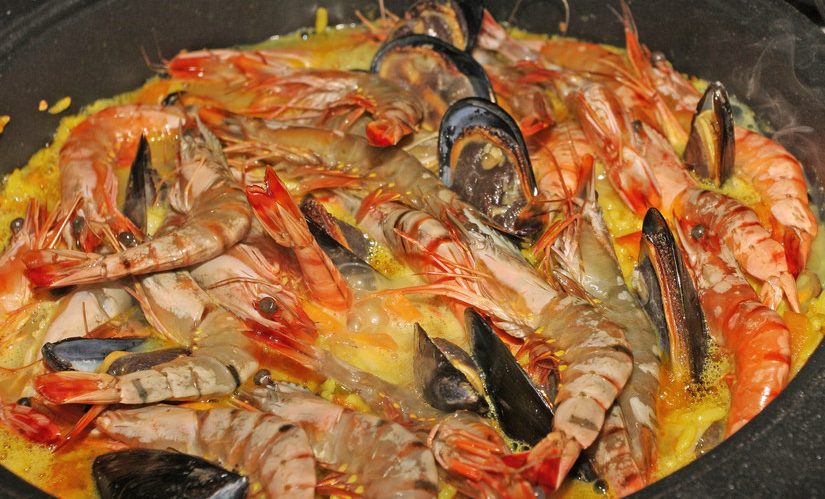“The real history is not in the food, it’s in the people. We are working against the loss of our cultural memory; against the consequences of institutional oppression; against indiscriminate and flagrant appropriation; and against courts of public opinion that question our authenticity, maturity, and motives in the revolutionary act of clarifying and owning our past.” (Twitty, 404)
Hear the voices of a black boy captured by the Natchez, a couple of mixed African origins that can’t get along, a white woman and her black mate, a black concubine to a white overseer, tri-racial groups living in mountains and swamps, and fifty languages—from Ladino to Cherokee to Kikongo to Gaelic to French and Canary Island Spanish and Serer—and you will understand how beautifully bewildering our heritage is, and why it was impossible to birth this cuisine anywhere else on the planet. (Twitty, 163)
The southeastern states contain some of the most delicious, flavorful foods in the country. Many characterize southern, or “soul” food as American cuisine, born in the United States. Through reading The Cooking Gene, by Michael Twitty I have come to realize that southern food has deep roots and a vast multi-ethnic background. The story of southern food is multifaceted; it is built on slavery, hardships, and a diminishing hold on the recollection of heritage, while also acting as an adhesive for community, empowering those who know it’s origins. I newly understand the depth of connection between people and their food. Southern cuisine is as complex in its derivation as those who created it. Its journey has been long, although only recently has ownership begun to be accurately allocated. Sadly, a great deal of cultural information has been lost due to little recording. Twitty has traced his heritage through food and connected it with modern day genealogy technology. The intricacies of his journey have helped me to understand why southern food is also called soul food.
“African Americans must do what no other ethnic group writ large must do: take a completely shattered vessel and piece it together, knowing that some of the pieces will never be recovered.” (Twitty, 20) Never before have I contemplated the sheer loss of history associated with the slave trade. These people were stolen from their homeland with only an oral history to bring. Food is a tactile story that can be passed down indefinitely; it holds history for those who do not have written documentation of their origins. Food empowers those who have lost touch with their source. Twitty displayed how West-African cuisine became polarized through the lens of many cultures, then transformed and adapted into what we know as southern style food. It is important that this story not be lost, because with it would be an entire culture. It is imperative to grant culinary ownership to those who were oppressed, and descendants of the slave trade, as that is their history.
It is nonsensical how credibility is not given to those who remember the stories of whence they came. The southern white community has tried to suppress the culture of those whose ancestors were brought during slavery, claiming that they are American now. It seems that people try to forget that slavery ended recently. Culture was ripped away from these people and is still trying to be inhibited. The feeling is still there, it never left, and so is the culture. Food is a medium for remembrance, and a connection to what was lost. Twitty connected his different cultures together through food and taught me that family cuisine can be a genealogy test of its own.
The kitchen of a family who cooks frequently has a long story to tell. When recipes are passed down, a cultural web is woven. On page 139 Twitty says, “My food is my flag.” When a history is lost, it can be pieced together with what remnants are left; things like food and music. Food cannot be taken away like the stories of old can. It is called soul food, because it is the soul of a people. Soul food unites those whose history is not intact; it gives meaning and hope to those who have forgotten their beginnings.
Culture is created and remembered through community. I gained many new insights throughout reading The Cooking Gene. Although disorganized and convoluted at times, much was to be gained. Soul food has an amazing history, as do the people who created it and kept it alive. It is crucial to honor the heritage, and understand the complicated past of southern cooking.
